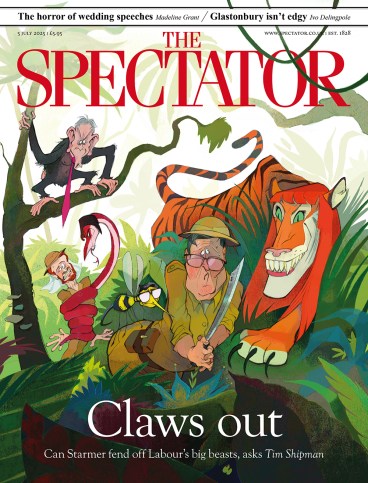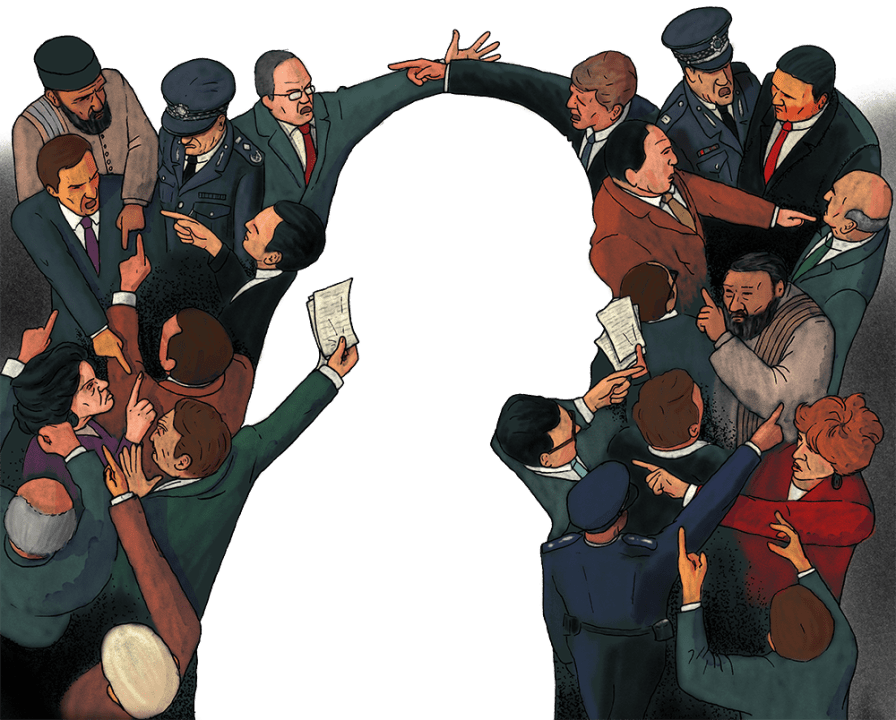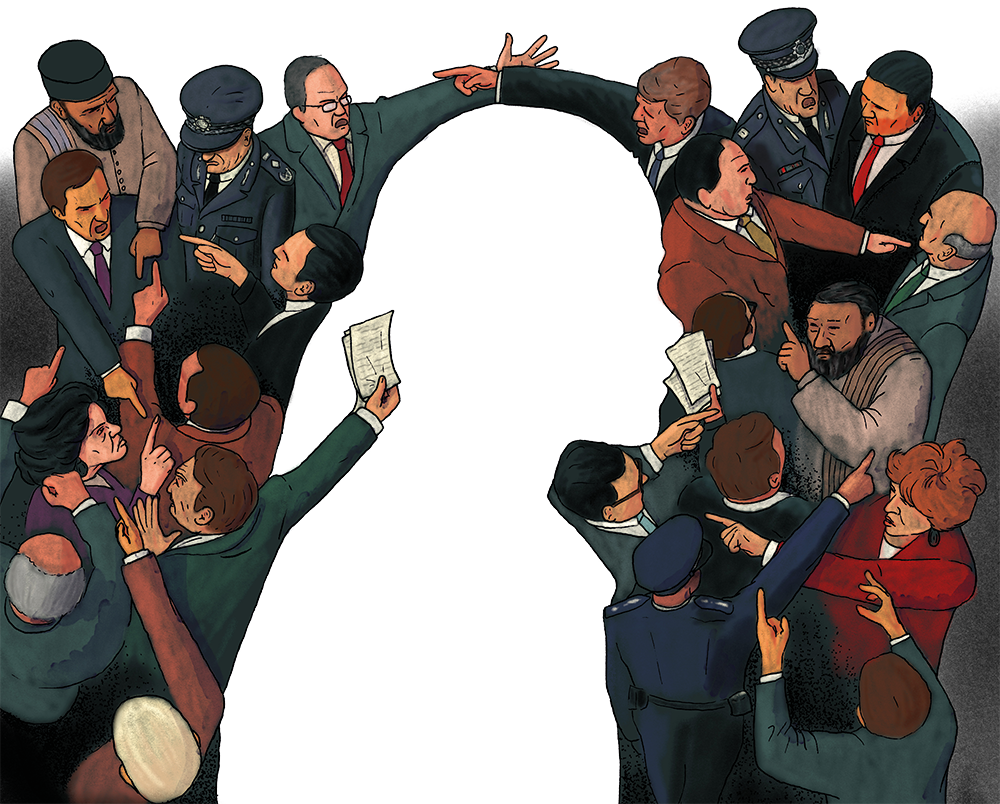
Movers and shakers
Sir: As a parish priest of 35 years, I read Francis Pike’s account of his supernatural experiences (‘Happy mediums’, 28 June) with little surprise. Over the years, I have been approached by parishioners troubled by poltergeists, apparitions, unexplained odours, ‘friendly’ spirits and, in one case, cutlery and glasses flying off tables.
In every instance, my approach has been the same. Accompanied by another person, I visit the home and enquire whether the household has been involved in any occult practices – Ouija boards, tarot cards, consulting mediums and the like. Almost invariably, the answer is yes. I then encourage repentance from such practices and a turning to Christ as Lord. We pray through every room in the house, dedicating it to Christ and commanding any evil presence to depart.
Where people have allowed us to pray in this way, the disturbances have ceased – and the individuals involved have experienced peace and freedom from fear. In many cases, they have also come to faith and joined our church, having encountered a deeper and more powerful spiritual reality.
We would do well to recall Hamlet’s words: ‘There are more things in heaven and earth, Horatio, than are dreamt of in your philosophy.’
The Revd Richard Coombs
Rector of Cheltenham
Fond farewell
Sir: The map ‘Ghosts of London’ (28 June) omitted the former Middlesex Hospital in Mortimer Street, where I nursed from 1960 to 1964. It was widely known that the ghost of a Victorian nurse visited terminally ill patients a night or two before they died. Two of my patients – a 14-year-old boy and a woman in her eighties – told me that a ‘nice sister in a long dress’ had offered them a drink of water and wished them good night. Both passed peacefully away the following evening.
Lilian Gellnick
Barnet, Hertfordshire
The people’s voice
Sir: As the lawyer who represented the largest group of victims in the Independent Inquiry into Child Sexual Abuse (IICSA), I can confirm that John Power’s analysis of what IICSA got wrong in its investigation of grooming gangs (‘The need to know’, 21 June) is largely correct. But he misses an important issue, which also bedevils many other public inquiries. In assessing the response of police and social services, IICSA relied too heavily on evidence from corporate witnesses: persons designated to speak on behalf of the relevant police force or social services department but who had little or no direct involvement in actual cases. This type of witness has a tendency to paint a rosy picture of service delivery at odds with the reality on the ground.
To find out what has really been happening, the next grooming gangs inquiry will have to delve into individual case files and call those directly involved: police officers, social workers and the victims themselves. The blandishments of corporate witnesses, who are good at PR but were not directly involved in the real action, will need to be resisted. Without this proper scrutiny a further inquiry will have little value.
Richard Scorer
Head of Abuse Law and Public Inquiries, Slater and Gordon, Manchester
Heavy heart
Sir: One hates to sound like a snob but Arabella Byrne (‘Brown study’, 28 June) is simply wrong. She argues that millennials are turning away from older furniture passed down from their forebears principally because it retains no economic value. Nothing could be further from the truth. Simply trawl the catalogues of Lyon & Turnbull, Sotheby’s or Woolley & Wallis. If the side table is selling for only £30, it was probably made by the Ikea of its day.
But to think of value only in monetary terms misses the point. The joy of brown furniture is the history and the story. We are custodians of time and memory. I personally can’t get enough of the stuff. One of my recent auction finds? An 18th-century commode from Leeds Castle. There are many ways to interpret the value of brown.
Chris Sibbald
New Town, Edinburgh
Quelle horreur
Sir: Catriona Olding’s reflections on ‘andouillette’ (Still life, 21 June) brought back vivid memories of my own encounters with this dish. My last three years of seminary were spent in Paris, where everything was great apart from what was served in the refectory. Rumbling stomachs at midday prayer signalled the mad dash for whatever poor fare was on offer, but if andouillette was on the menu, I couldn’t even enter the room because of the stench.
Some of my confrères were very keen on andouillette, so when dining out with them, I made sure that we chose an outdoor table to avoid being at close quarters with unbearable odours. As much as the French might mock la malbouffe anglaise, one of their own comedians, speaking about French political life, inadvertently admitted to how awful andouillette actually is when he said: ‘La politique, c’est comme l’andouillette, ça doit sentir un peu la merde, mais pas trop.’
The Revd Ross S.J. Crichton
Isle of Eriskay, Outer Hebrides
Rein drops
Sir: Flora Watkins’s comments on horse droppings (‘Farewell to the old country’, 21 June), brought back fond memories of my childhood in north London. Many of the deliveries, such as milk and old clothes, were made by horse and cart. My father used to give us children sixpence if we went with bucket and spade to bring back any horse droppings to use as manure for his vegetable garden. We were delighted to spot the ‘gifts’ the horses had left us.
Sheila Berger
Bern, Switzerland
Write to us The Spectator, 22 Old Queen Street, London SW1H 9HP; letters@spectator.co.uk








Comments